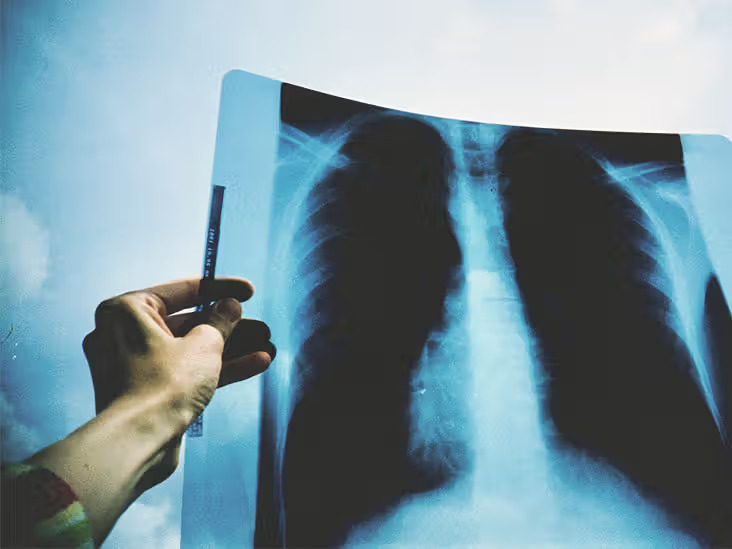
Imagine being told you have lung cancer. Your heart sinks, your mind races. Fear and confusion take over. But then, along comes Andrew Doe MD. A pulmonologist with a difference. He knows the battle you’re facing. He’s here to help you understand your treatment options. With a deep dive into the world of lung cancer treatments, we take away the jargon and replace it with simple, clear information. Read on and let’s take this journey together.
The Reality of Lung Cancer
Lung cancer is a beast. It’s a monster that can make you feel small and helpless. But knowing what you’re up against is half the battle. Lung cancer is a disease where cells in your lungs grow out of control. They can then spread to other parts of your body and create more harm.
Treatment Options
There are several ways to fight this beast. The three main treatments for lung cancer are:
- Surgery: The cancer cells get physically removed.
- Radiation therapy: High-energy rays kill the cancer cells.
- Chemotherapy: Drugs kill the cancer cells or slow their growth.
The Role of a Pulmonologist
A pulmonologist is a specialist who understands the lungs. They can help decide which treatment is right for you. They look at your overall health, the type of lung cancer you have, and how far it has spread. They become your guide in this fight.
A Deeper Dive into Treatments
Let’s take a closer look at these treatments:
Surgery: In surgery, the goal is to remove the cancer. It’s like cutting out the bad apple from a basket. But it’s not easy. You need to be healthy enough to handle the surgery. And the cancer needs to be in a place where it can be removed.
Radiation Therapy: Radiation therapy is like a sniper. The high-energy rays target the cancer cells and kill them. It can be used alone or with other treatments. But it also has side effects. It can make you feel tired or harm healthy cells.
Chemotherapy: Chemotherapy is like a full-on assault. The drugs go throughout your body to kill the cancer cells. But like any assault, there can be collateral damage. It can affect healthy cells and cause side effects.
Conclusion
Understanding your treatment options is crucial in your fight against lung cancer. With the help of a specialist, you can make informed decisions. Remember, knowledge is power. Let’s use this power to beat this beast together.